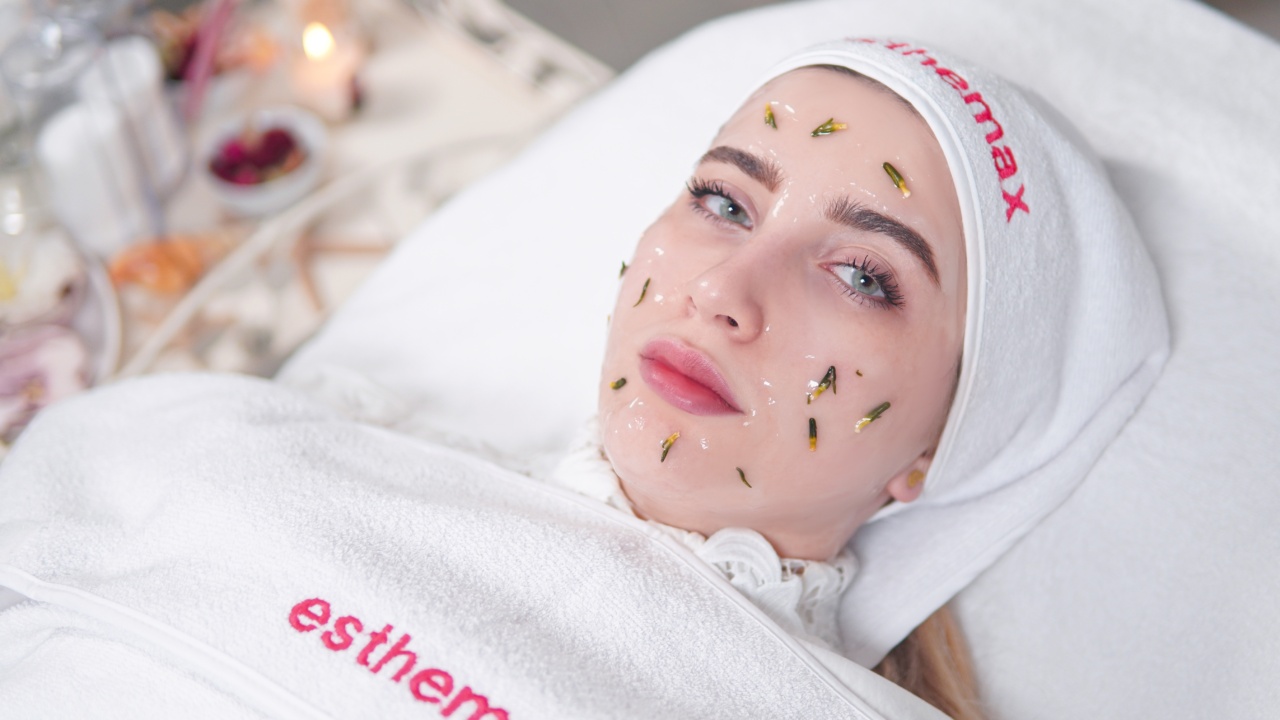Having flawless, pimple-free skin is a dream for many. A clear, glowing complexion not only enhances our appearance but also boosts our confidence.
While pimples can be stubborn and frustrating to deal with, there are several simple tips that can help you achieve beautiful, healthy skin. In this article, we will discuss four essential tips to keep your skin pimple-free and radiant.
1. Stick to a Consistent Skincare Routine
Establishing a consistent skincare routine is crucial for maintaining healthy skin. Start by identifying your skin type – whether it’s oily, dry, combination, or sensitive.
Then, choose skincare products specifically formulated for your skin type. A basic skincare routine includes cleansing, toning, moisturizing, and applying sunscreen.
2. Cleanse Your Face Regularly
Regularly cleansing your face is one of the most crucial steps in preventing pimples. Wash your face twice a day, once in the morning and once before going to bed.
Use a gentle cleanser that suits your skin type to remove dirt, excess oil, and impurities from your skin. Avoid harsh soaps and cleansers that can strip away your skin’s natural oils, as this can lead to dryness and breakouts.
3. Exfoliate to Remove Dead Skin Cells
Exfoliation is the process of removing dead skin cells from the surface of your skin. It helps to unclog pores, prevent acne, and reveal fresh, radiant skin.
However, be careful not to over-exfoliate, as it can cause irritation and damage your skin’s protective barrier. Choose a gentle exfoliator and use it only 1-2 times a week, depending on your skin’s sensitivity.
4. Maintain a Healthy Diet and Hydration
What you put into your body reflects on your skin. Eating a balanced diet rich in fruits, vegetables, whole grains, and lean proteins can contribute to clear, pimple-free skin.
Avoid consuming excessive sugar, processed foods, and greasy fast food, as they can trigger breakouts. Additionally, staying hydrated by drinking an adequate amount of water daily helps flush out toxins and keeps your skin hydrated, resulting in a healthier complexion.
5. Avoid Touching Your Face
Our hands come into contact with numerous germs and bacteria throughout the day. Touching your face frequently can transfer these germs and bacteria onto your skin, leading to breakouts.
Avoid picking or popping pimples, as it can further irritate the affected area and potentially cause scarring. Remember to also keep your bedding and phone screens clean, as they can harbor bacteria that can cause skin issues.
6. Limit Sun Exposure and Use Sunscreen
Excessive sun exposure can damage your skin and cause breakouts. It is essential to protect your skin from harmful UV rays by wearing sunscreen with at least SPF 30.
Apply sunscreen generously on all exposed areas of your skin, even on cloudy days, and reapply it every two hours if you are outside for an extended period. Wearing protective clothing such as hats and sunglasses can also help shield your skin from the sun’s damaging effects.
7. Manage Stress Levels
High levels of stress can trigger hormonal imbalances, leading to increased oil production and breakouts.
Finding healthy ways to manage stress, such as practicing relaxation techniques, regular exercise, and getting enough sleep, can help maintain clear and healthy skin. Adequate sleep allows your body to repair and regenerate your skin cells, contributing to a fresh and youthful complexion.
8. Avoid Heavy Makeup and Clean Brushes
Heavy makeup can clog your pores and contribute to the formation of pimples. Opt for lightweight, non-comedogenic makeup products that are less likely to cause breakouts.
Ensure you clean your makeup brushes regularly to prevent the buildup of bacteria, dirt, and oils, which can transfer onto your skin and trigger acne.
9. Don’t Overload on Skincare Products
Using too many skincare products simultaneously can overwhelm your skin and lead to irritation and breakouts. Stick to a minimalistic approach and introduce new products one at a time, allowing your skin to adjust and react accordingly.
If you notice any adverse reactions or worsening of your skin condition, discontinue the product and consult a dermatologist.
10. Seek Professional Advice
If you have persistent acne or severe skin concerns, it’s always advisable to consult a dermatologist.
They can assess your skin condition, recommend appropriate treatments, and provide personalized advice on maintaining pimple-free, beautiful skin. Professional guidance can help you understand the underlying causes of your skin issues and create an effective treatment plan.





























